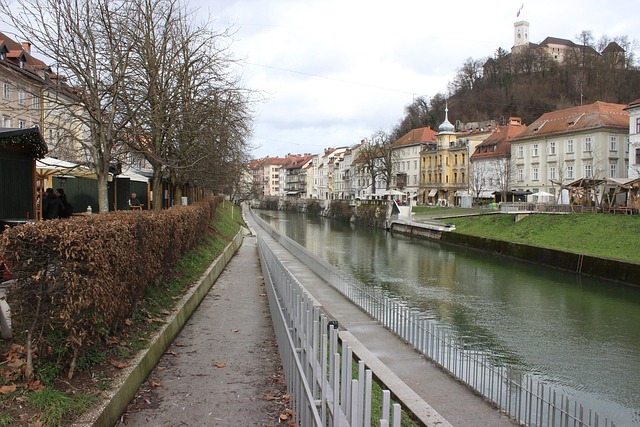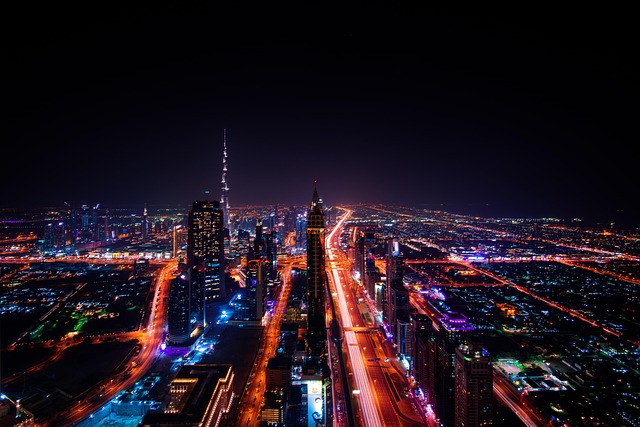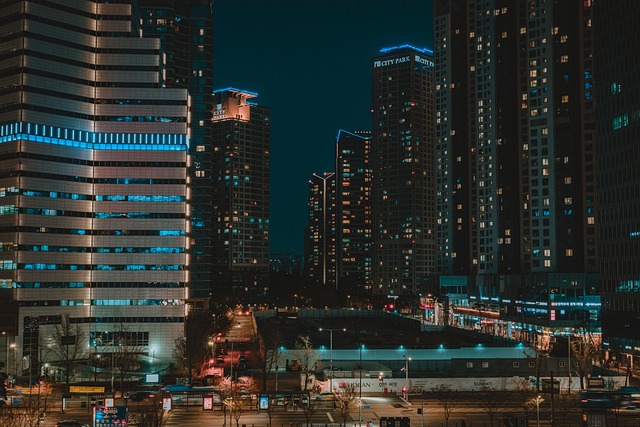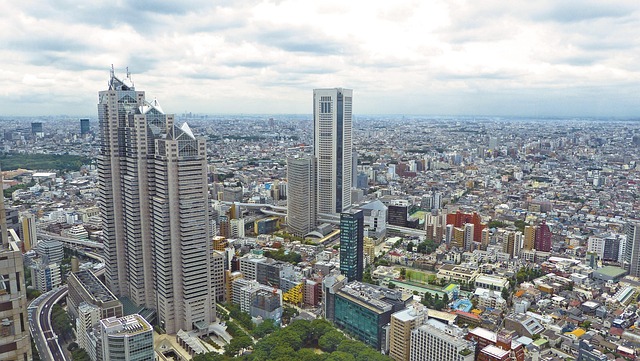Karachi, Pakistan's economic hub, grapples with severe air pollution caused by industrial activities, traffic congestion, and residential fuel burning. The Air Quality Index (AQI) serves as a critical tool to communicate these risks, guiding residents to take precautions on high-pollution days. By addressing industrial emissions, promoting clean energy and electric vehicles, and encouraging green initiatives, Karachi's residents can actively contribute to improving air quality and creating a healthier future for their bustling metropolis.
In Karachi, one of Pakistan’s most vibrant yet densely populated cities, understanding air quality is more than just a trend—it’s a necessity. This article guides you through the intricacies of the Air Quality Index (AQI), offering a basic guide for newcomers and insights for seasoned residents. We delve into Karachi’s current air quality situation, explore factors unique to Muslimabad Society, and present practical strategies to improve and maintain healthy air, making our beloved city a safer place to breathe.
- Understanding Air Quality Index: A Basic Guide
- Karachi's Current Air Quality Situation
- Factors Affecting Air Quality in Muslimabad Society
- Strategies for Improving and Maintaining Healthy Air in Karachi's Muslimabad Area
Understanding Air Quality Index: A Basic Guide

The Air Quality Index (AQI) is a crucial tool for understanding and communicating air quality, offering a simple way to gauge the level of pollutants in the air we breathe. It’s designed as a basic guide for everyone, from residents to researchers, to quickly assess whether the air in a particular area is safe or poses health risks. In Karachi, with its bustling metropolis and diverse industries, keeping track of AQI is essential. This index categorizes air quality levels based on a scale, using values ranging from 0 to 500, where lower numbers indicate better air quality and higher ones signify increasing levels of pollution.
Each value corresponds to specific health implications, helping people take necessary precautions. For instance, an AQI below 50 is considered good, while readings between 101 and 200 may prompt advisories for sensitive groups. By staying informed about the daily AQI in Karachi, residents can make proactive decisions to protect their well-being, especially on days when pollution levels surge due to various factors like traffic congestion and industrial activities.
Karachi's Current Air Quality Situation

Karachi, Pakistan’s economic hub and one of the most populous cities in the world, has been grappling with air pollution for years. The current air quality situation in Karachi is a cause for concern, with the city consistently ranking among the most polluted urban areas globally. According to recent reports from the World Health Organization (WHO), Karachi’s air quality often exceeds safe limits, posing significant risks to its residents’ health.
The primary contributors to Karachi’s poor air quality include vehicle emissions, industrial pollution, construction activities, and burning of solid fuels for residential heating and cooking. The city’s dense traffic congestion exacerbates the problem, leading to high levels of particulate matter (PM2.5 and PM10), nitrogen dioxide (NO2), and sulfur dioxide (SO2). These pollutants not only impact the health of Karachiites but also have far-reaching environmental consequences, affecting the overall sustainability and livability of the city.
Factors Affecting Air Quality in Muslimabad Society

In the vibrant but bustling city of Karachi, the air quality in Muslimabad Society is influenced by a complex interplay of factors. One primary concern is industrial emissions from nearby manufacturing plants and construction sites, which contribute significantly to particulate matter pollution, particularly during peak working hours. Additionally, the dense urban landscape of Karachi leads to a phenomenon known as the ‘urban heat island effect’, exacerbating air quality issues by trapping heat and increasing temperature, in turn fostering faster chemical reactions that produce harmful pollutants.
Traffic congestion is another key contributor, as the constant flow of vehicles emits a mix of nitrogen oxides, carbon monoxide, and volatile organic compounds, which accumulate due to limited ventilation. Moreover, weather conditions play a crucial role; still days and certain wind patterns can trap pollutants near the ground, while seasonal shifts may bring in airborne particles from surrounding regions, further complicating air quality management in Muslimabad Society, Karachi.
Strategies for Improving and Maintaining Healthy Air in Karachi's Muslimabad Area

In the vibrant yet densely populated city of Karachi, particularly in areas like Muslimabad, maintaining healthy air quality is a collective responsibility. Residents, local authorities, and environmental advocates can collaborate to implement effective strategies for improving and preserving the air. One key approach is encouraging the adoption of clean energy sources by promoting solar panels and electric vehicles. Karachi’s hot and humid climate makes it imperative to prioritize measures that reduce emissions from vehicles and industrial activities.
Green initiatives such as planting trees and creating urban green spaces can significantly contribute to filtering pollutants. The community can actively participate in regular cleaning drives and recycling programs to minimize waste and its environmental impact. Additionally, raising awareness about the Air Quality Index (AQI) and its implications for public health is crucial. By staying informed and taking proactive measures, Muslimabad’s residents can collectively breathe easier while ensuring a healthier future for their city.
The air quality in Karachi’s Muslimabad Society is a complex issue, influenced by various factors. By understanding the Air Quality Index (AQI) and its impact, residents can take proactive measures to improve their environment. Implementing sustainable strategies, such as promoting green spaces, adopting cleaner energy sources, and encouraging eco-friendly practices, is essential for maintaining healthy air in this urban center, Karachi. Through collective efforts, Muslimabad Society can strive for a cleaner, healthier future.
